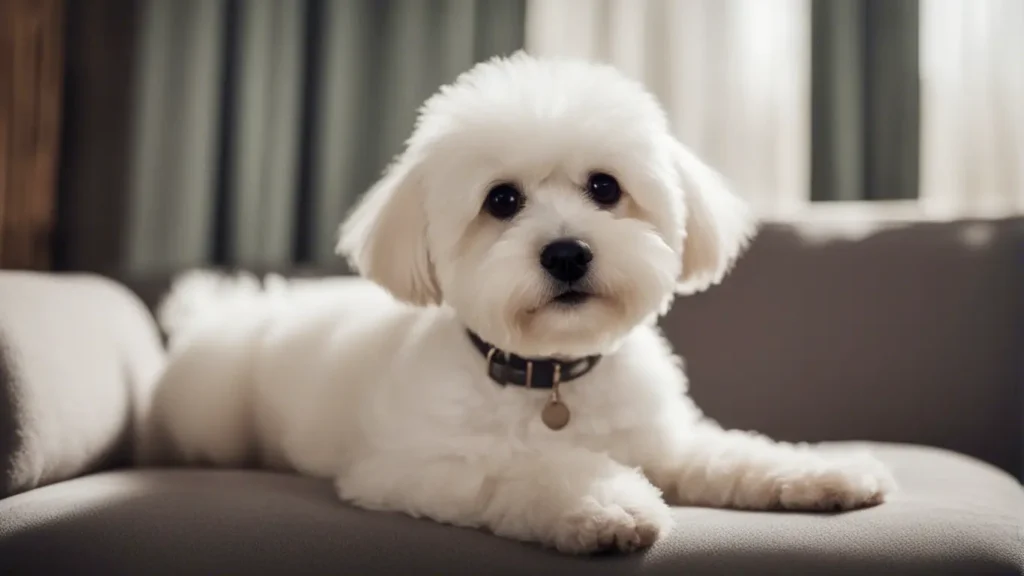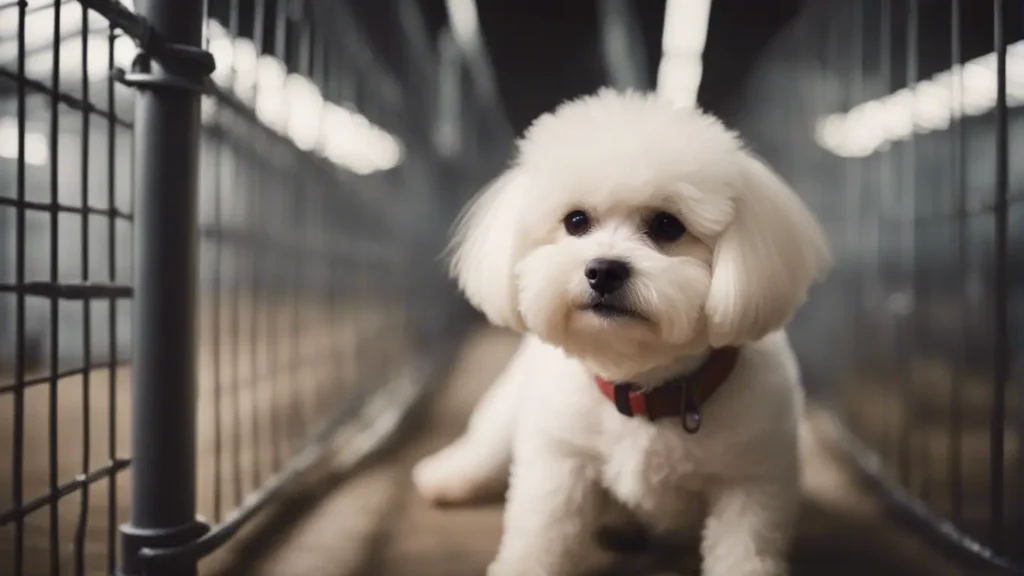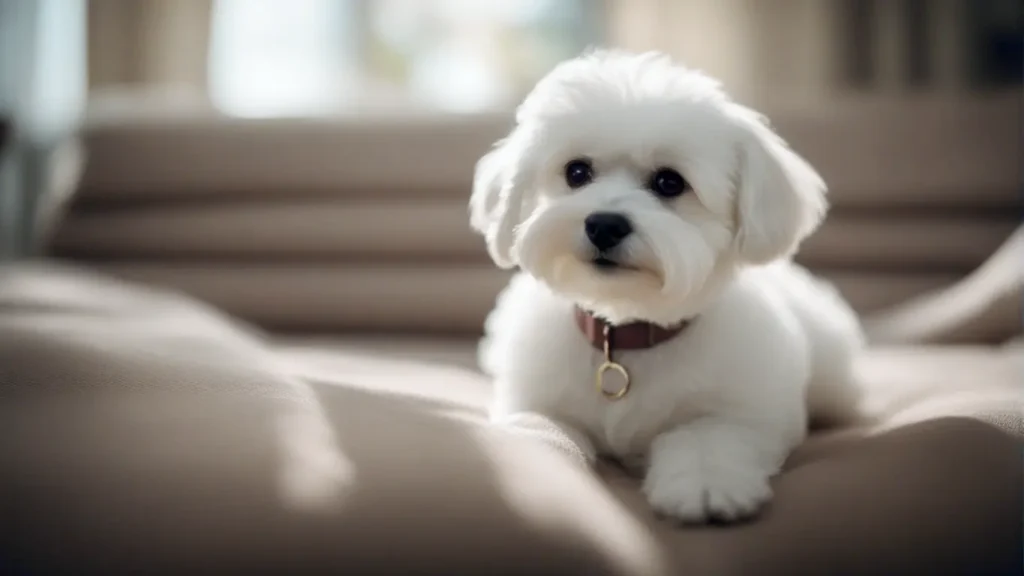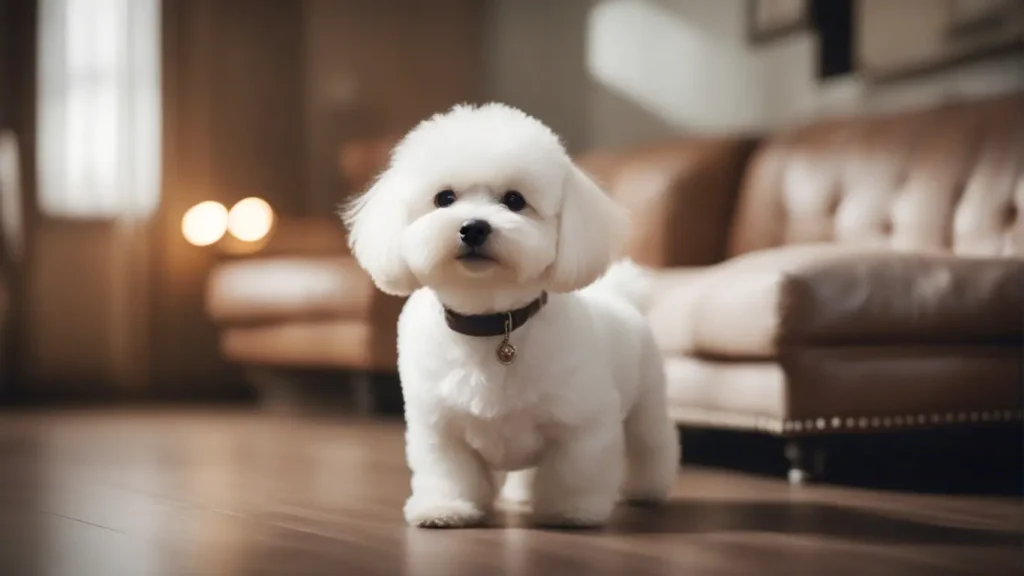Their fluffy white coats, dark, curious eyes, and playful personalities make it easy to see why Bichon Frises have become such popular companion dogs. But did you know thousands of these lovable pups end up in animal shelters or with rescue organizations yearly? Rehoming Bichon Frises by finding them loving adoptive homes is incredibly rewarding.
This guide explores everything you need to know about rehoming Bichon Frises, from understanding their history and temperament to choosing the proper pet rescue organization. You’ll gain insights into the adoption process, including tips for transitioning a Bichon Frise into your home. We’ll also highlight heartwarming success stories of rescued Bichons living their best lives with new families. Ready to learn more? Let’s get started!
Table of Contents
- 1 History and Origins of the Bichon Frise
- 2 Temperament and Personality of Bichon Frises
- 3 Choosing a Reputable Bichon Frise Rescue Organization
- 4 The Adoption Process Step-by-Step
- 5 Transitioning Your Adopted Bichon into Your Home
- 6 Success Stories of Rehomed Bichon Frises
- 7 Frequently Asked Questions About Bichon Frise Rehoming
- 8 Related posts:
- 9 Understanding Bichon Frise Behavior: A Comprehensive Guide
- 10 Bichon Frise Colors: Unveiling the Spectrum
- 11 Bichon Frisé: All You Need to Know
- 12 The Ultimate Guide to Understanding Bichon Frise Hypoallergenic Qualities
History and Origins of the Bichon Frise
Before delving into rehoming, it helps to understand where Bichon Frises comes from. These little white powder puffs have a long history as companion dogs. The Bichon breed descends from the Barbet or Water Spaniel in the Mediterranean region. Over time, they divided into four distinct but related Bichon breeds – the Bichon Frise, Bichon Bolognese, Maltese, and Havanese.

The Bichon Frise precisely can trace its roots to the French island of Tenerife in the Canary Islands. Their name comes from “bichon,” meaning curly lapdog, and “frise,” referring to the curls in their coat. Bichon Frises became popular as pampered pets of European nobility during the Renaissance before eventually spreading worldwide as devoted companion dogs.
Temperament and Personality of Bichon Frises
What makes Bichon Frises such endearing companions? Let’s look at some key personality traits and characteristics that define these dogs.
- Affectionate and attached – Bichon Frises form powerful bonds with their families. They crave love, attention, and closeness with their owners.
- Playful and energetic – These dogs maintain a puppy-like enthusiasm for life and enjoy active playtime. Games of fetch or walks keep them stimulated.
- Gentle and patient – Bichons are tolerant and kind, making them great dogs around children, strangers, and other pets.
- Sensitive and responsive – This intuitive breed is very in tune with human emotions and body language. Harsh training methods are ineffective.
- Friendly and sociable – With early socialization, Bichons become outgoing, cheerful companions who get along well with everyone they meet.
- Alert and observant – Their watchful nature means Bichons can make great alert or therapy dogs. Very little escapes their attentive gaze!

Choosing a Reputable Bichon Frise Rescue Organization
If you’re interested in rehoming a Bichon Frise, connecting with a reputable, ethical rescue organization is critical. Avoid purchasing dogs from pet stores or irresponsible breeders. Instead, consider adoption through one of these recommended rescues:
- Bichon Furkids Rescue – A well-established national network with adoption coordinators across the U.S. Places over 400 Bichons yearly.
- Bichon Rescue Brigade – Passionate volunteers dedicated to saving Bichons from euthanasia in shelters. Extensive foster network.
- Adopt a Bichon Frise & Small Dog Rescue – Non-profit focused on rehabilitating and rehoming Bichons and other small dog breeds in California.
- Gulfstream Guardian Angels Bichon Frise Rescue – Florida-based rescue placing 50-100 Bichons annually in loving homes after medical care and rehabilitation.

When choosing an organization, the most important factors are their thorough adoption screening, high standard of veterinary care, and commitment to understanding the needs of Bichons. Reputable groups will match you with the right dog for your home and lifestyle.
The Adoption Process Step-by-Step
Preparing to welcome a rescued Bichon Frise into your life is an exciting journey! Here’s what to expect during a typical adoption process:
- Fill out a detailed application – You’ll provide information about your experience with dogs, lifestyle, home environment, and ability to meet the needs of a Bichon.
- Participant in a phone or in-person interview – The rescue will want to understand whether you’ll be a suitable adopter for one of their Bichons. Expect questions about your commitment to training, grooming, and care.
- Undergo home visit – Rescue workers will evaluate the safety of your home and yard for a Bichon Frise. Dangerous gaps, toxic plants, or unsecured pools must be addressed.
- Consult with references – Your veterinarian and personal references can attest to your ability to care for dogs properly.
- Meet potential Bichon Frises – Interact with dogs currently available for adoption that match your activity level and experience. Observe how you connect.
- Bring your new pup home! – Once approved, welcome your new furry family member into your heart and home. Some rescues may have post-adoption follow-ups.

The adoption process aims to ensure mutual happiness for you and your newly adopted Bichon. Take time to find that perfect match!
Transitioning Your Adopted Bichon into Your Home
Introducing a rescued Bichon Frise into your home requires patience and sensitivity. Many of these dogs come from neglected backgrounds or challenging circumstances. Set them up for success with these tips:
- Puppy-proof your home by removing hazards and securing potential dangers like pools or balconies.
- Stock up on essentials like food bowls, beds, leashes, collars, tags, grooming tools and toys. Familiarize yourself with their diet and activity needs.
- Maintain a consistent daily schedule for feeding, walks, playtime, and training. This provides comfort and stability.
- Give them their own safe space, like a crate or corner of a room, where they can retreat when stressed or overstimulated. Don’t overwhelm them initially.
- Socialize them gradually under supervision with children, visitors, or other pets. Monitor body language for any signs of fear or anxiety.
- Enroll in obedience training classes for basic skills like leash walking, name response, and socialization. This strengthens your bond.
- Shower them with praise, treats, and belly rubs as they experience new sights and sounds. Be reassuring and let them know they’re home.

With time, patience, and love, your adopted Bichon will settle into their new life and family. The rewards of rehoming rescued dogs are immeasurable.
Success Stories of Rehomed Bichon Frises
There’s no greater joy than seeing a rescued Bichon Frise thrive in a new loving home. These uplifting stories showcase the incredible outcomes made possible when abandoned dogs get second chances.
Fiona’s New Lease on Life
When Fiona arrived at Gulfstream Guardian Angels Rescue, she was severely matted, underweight, and skittish from years of neglect. Dedicated volunteers nurtured her back to health before she was adopted by Monica, who was grieving the loss of her senior Bichon. Initially, Fiona soon warmed up to Monica, and they became inseparable companions. She now enjoys strolling the neighborhood, barking ferociously at squirrels and getting spoiled rotten as the little princess she was always meant to be.
Rexford Finds His People
Rexford bounced between overcrowded shelters for months after being picked up as a stray. When Bichon Rescue Brigade stepped in, he captured the hearts of foster mom Katrina with his endearingly scruffy appearance and loyal, playful nature. An adorable video of Rexford frolicking in a park led to inquiries from Maureen and her son Noah about meeting him. It was love at first lick! Rexford finally found the loving family he had always hoped for.

From Homeless to Pampered for Pebbles
Volunteers found Pebbles shivering under a parked car on a rainy night, looking dirty and sad. Adopt a Bichon Frise & Small Dog Rescue immediately took her in, providing vet care, grooming, and training. After recovering her confidence and spark, Pebbles met retirees, Tom and Cynthia, landing the comfy life she deserved. She now spends her days sunbathing, snacking on treats, playing fetch in her new backyard, and sleeping on the couch, perfectly content as the latest family member who treasures her.
These stories showcase the resilience of Bichon Frises. With some help from caring humans, these loving dogs can flourish when given second chances. By rehoming a Bichon Frise, you’re not just adopting a pet but opening your heart and home to a furry friend.
Frequently Asked Questions About Bichon Frise Rehoming
For those considering rehoming a Bichon Frise, you likely have lots of questions about the process. Here are some common FAQs:
How much does it cost to adopt a Bichon Frise?
Adoption fees range from $ 200 to $400 on average and help cover the rescue organization’s expenses for medical care, spaying/neutering, microchipping, and fostering the dog.
What is the typical lifespan of a Bichon Frise?
Bichons live approximately 12-15 years on average. Adopting a puppy or younger dog can maximize your time together. However, senior Bichon rescues also make very rewarding companions.
Are Bichon Frises easy to train?
Yes, Bichons are highly intelligent, responsive dogs who pick up on training quickly, especially when positive reinforcement is used. Their sensitive nature means harsh corrections should be avoided during training.
Do Bichon Frises do well with other pets?
When properly socialized from a young age, Bichons adapt well to multi-pet households. However, some rescues may need early socialization, so gradual introductions are recommended.
How much exercise and grooming do Bichon Frises need?
Bichons have moderate exercise needs, requiring 30-60 minutes of daily activity. Their long double coat requires frequent brushing and professional grooming every 4-6 weeks. Daily coat care prevents mats and knots.
Rehoming a Bichon Frise through adoption is an enriching way to add a furry companion to your family. Rescue organizations work diligently to connect loving homes with deserving pups. By opening your heart and home, you can change the life of a Bichon Frise forever.